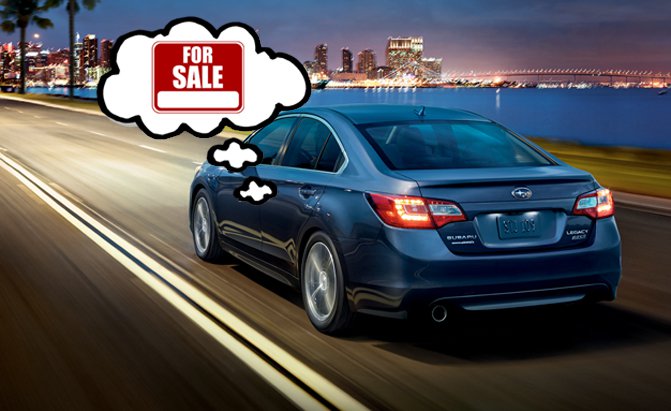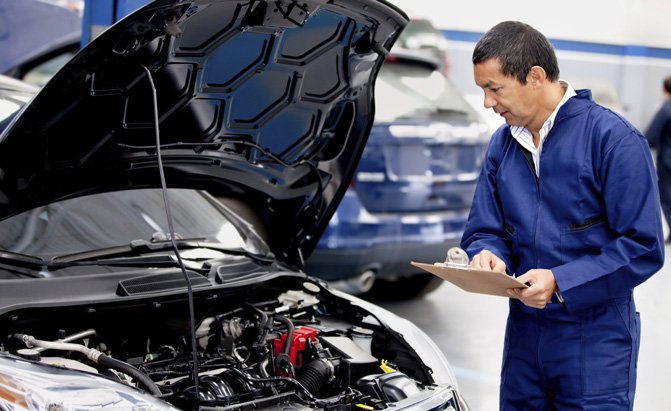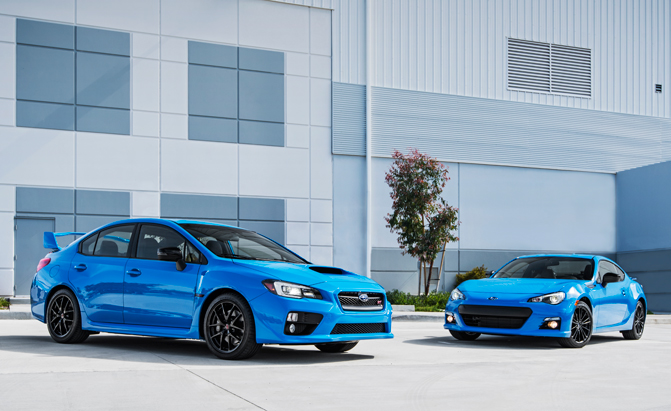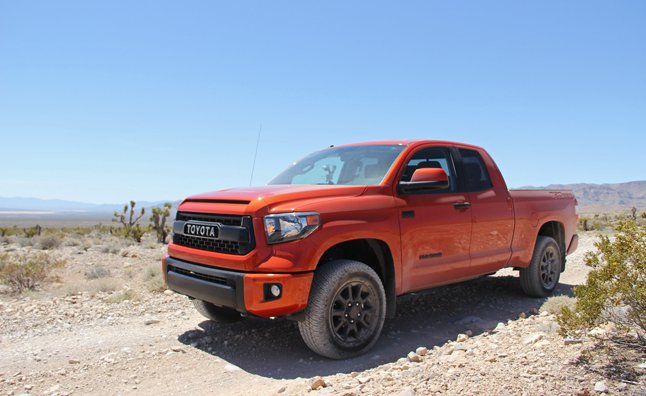There’s a lot to consider when buying a new car, but one thing that’s easily overlooked is the car’s resale value.
For some people, cars are temporary appliances that will be used until it’s time to replace it with something better. Some drivers like to replace their rides every few years, while others will drive a car until it no longer functions.
For the people who don’t anticipate owning the same car until it can’t be driven any longer, they plan to either sell the car on the used car market, or trade it into a dealer when buying a new vehicle. In both scenarios, the car’s resale value will be a huge factor in how much money they get for the trade-in or sale, and maintaining a high resale value is something drivers can actually have a hand in.
Things You Can Do To Maintain Resale Value
“Take good care of your car,” said Laurence Dixon from NADA Used Car Guide. NADA Used Car Guide is a division of the well-known J.D. Power automotive market analyst company. Dixon suggests that keeping your car in the best condition possible will help maximize its resale and trade-in value. “Ensure all necessary services are performed and keep the records to prove it.” He also said that maintenance of the interior and exterior goes a long way, too.
He explained that doing so improves the value of the car by “reducing the number of concerns or issues a potential new owner may have with the vehicle.”
A car that exudes confidence to buyers certainly helps improve its value. That’s why Dixon warns that certain elements of a car, like rebuilt engines, can hinder the resale of a used vehicle. “The term ‘rebuilt’ reduces confidence in overall quality and can infer other potential issues with the vehicle.”
On the other hand, certain modifications or new parts like tires can help improve the resale value of a car. “A car with new tires should carry a higher value than the one with worn tires because it mitigates a future expense for the new owner,” he said. He added that this is called reconditioning, which means you’re improving the condition of a used vehicle in a manner that adds value to a new owner.
Things You Can’t Control
Sometimes, things outside your control will affect a car’s value. The overall design of the car, cost of ownership, fuel economy relative to competitive vehicles, maintenance and repair costs, quality and dependability are all things Dixon considers when it comes to evaluating a car’s resale value.
However, basic economic principles play a huge factor in terms of resale value. “Is the quantity of vehicles demanded by consumers too low/balanced/too high?” Dixon asked. “For example, the consumer preference for utilities and trucks is currently much stronger than it is for compact and midsize cars (two high volume segments). As a result, resale values have been weaker on cars than trucks,” he explained. He also added that a big part of this is driven by new market dynamics and strategies like how manufacturers stimulate car sales with higher incentives, which result in a higher rate of depreciation and lower resale value.
To get a better understanding of this, we reached out to ALG, a division of the TrueCar network. TrueCar is a service that is aimed to improve transparency between dealerships and consumers. Cari Crane is a senior manager on the industry insights team with ALG, where she consults on residual value forecasting.
“Our job is to forecast the residual value, so what a car is worth after a certain time,” she explains. “We focus heavily on economic factors like gas prices and OEM strategies like incentives and supply levels.”
Supply and Demand
The way Crane explains how ALG focuses on supply levels is very interesting and she explained that small automakers can build a positive brand image very quickly through the way they treat supply and demand. “Sometimes there’s demand for a vehicle with low production values, but had had high demand,” she said. That means not everyone was able to buy the car they wanted and as a result, the used car market will be over eager to get their hands on the car meaning a high resale value of the car.
“This helps build brand value,” explained Crane. “Subaru is a good example and they are now a top brand because they maintain high sale value, with low incentives and are not pushing volume. However, their low supply means that there aren’t a lot of them on the used car market, but there’s demand for it.”
In the recent ALG Residual Value Awards, Subaru took home the best mainstream brand award, and a number of Subaru vehicles were recognized for having a high residual value including the Subaru Crosstrek, Legacy, WRX, Forester and Outback. That’s practically the brand’s whole lineup, and the small Japanese automaker bested other household names from automakers like Toyota, Honda, Hyundai and Chevrolet in terms of brand value.
“It takes a long time, to improve or build a reputation,” said Crane. “And some strategies work, while others like incentivizing cars may not.” Other automakers pump cars out of their factories at a rate that’s higher than the demand, meaning in order to get cars off the dealer lots, they have to discount them, offer rebates, or even sell them to fleets. This kills resale value.
Are Special Editions Really Special?
Sometimes, an automaker will release a special edition model, which is a vehicle that includes or groups certain equipment in a different way. “Normally special editions are a content strategy,” said Crane, but she added that cars that have limited numbers earn better resale values.
This plays well into certain options like car colors and options. Sometimes these items are limited in terms of availability like Toyota’s TRD Pro models, which are exclusively available in paint finishes that aren’t offered on other trim levels. As a result the TRD versions of the Tacoma, Tundra and 4Runner enjoy higher resale value. Of course, Toyota’s excellent reputation for reliability helps boost that, too.
To eke out the best value in a new car purchase, you have to consider the vehicle’s second owner, too. To maximize resale value, you can take good care of your ride, or you can buy a car that’s limited in supply, but high in demand. Smart choices about the options also help. If the goal is to buy a car and maximize value, then you can’t ignore a car’s resale value.
If you don’t plan on driving a car until it’s dead and destined for the scrap yard, you would be wise to do what you can to maintain you car’s resale value.












